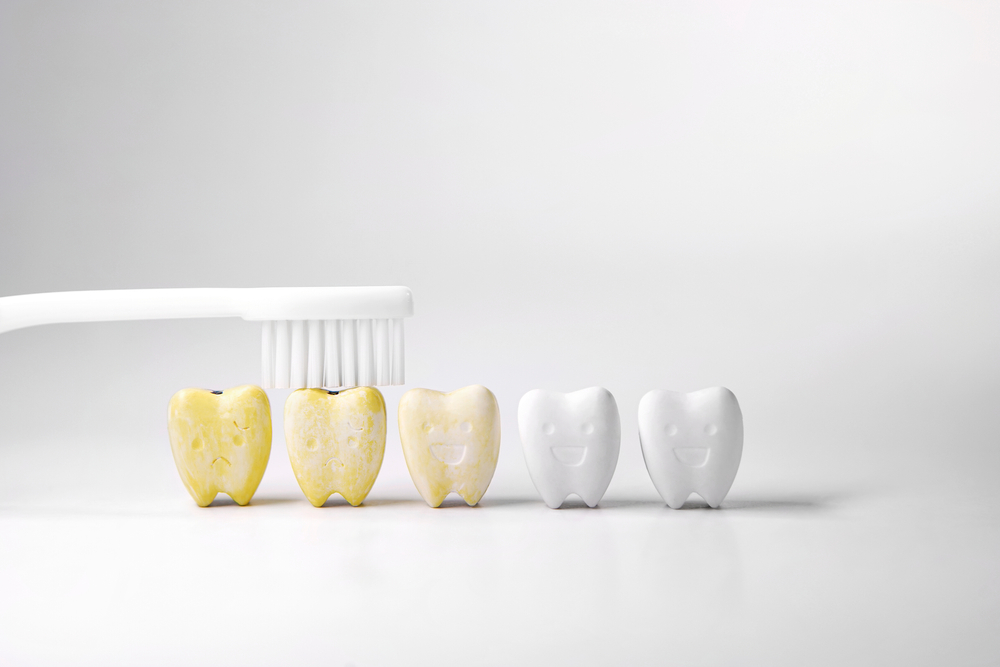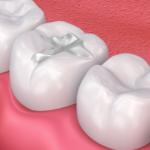Do You Brush Your Teeth After Whitening Strips? Find Out!
Yes, it’s safe to brush your teeth after using whitening strips. Just brush gently to avoid gum irritation.
Whitening strips are a popular at-home teeth whitening solution. They are easy to use and can provide noticeable results. After using whitening strips, you may wonder if you should brush your teeth immediately or wait for some time.
This article will discuss whether you should brush your teeth after using whitening strips and provide some tips for maintaining a healthy and bright smile.
So, let’s explore whether brushing your teeth after using whitening strips is recommended and how to care for your teeth to maximize the whitening effects.
Introduction To Teeth Whitening Strips
After using teeth whitening strips, it is safe to brush your teeth. However, it is important to do so gently to avoid irritating your gums. Another option is to brush your teeth before using the strips to remove any plaque that may be trapped beneath them.
Introduction to Teeth Whitening Strips: Teeth whitening strips have gained immense popularity as an at-home teeth whitening solution. These strips are a convenient and affordable option for those looking to brighten their smiles.
The Popularity of At-Home Whitening: Many people prefer at-home teeth whitening methods due to their convenience and cost-effectiveness. Whitening strips are a popular choice because they are easy to use and provide noticeable results.
How Whitening Strips Work: Whitening strips are made up of thin, flexible plastic coated with a bleaching agent, usually hydrogen peroxide. When applied to the teeth, the bleaching agent penetrates the enamel and breaks down stains, resulting in a whiter appearance.
The strips are typically worn for a specified amount of time, usually ranging from 30 minutes to an hour, depending on the brand and strength of the strips. Using whitening strips does not require any special equipment or professional assistance, making it a convenient option for those who want to whiten their teeth at home.
It is important to follow the instructions provided with the strips and to avoid brushing your teeth immediately after using them, as this can cause gum irritation.
Before You Apply Whitening Strips
When it comes to using whitening strips, there is often confusion about whether to brush your teeth before or after applying them. The good news is that it is safe to brush your teeth after using whitening strips.
Alternatively, you can choose to brush your teeth before using whitening strips. This can help remove any plaque that might be stuck beneath the strips, ensuring better contact between the strips and your teeth.
Remember to brush gently and use a soft-bristle toothbrush. Avoid scrubbing vigorously, as this can damage your gums and tooth enamel.
The Whitening Process
The process of using whitening strips involves application techniques and considerations for duration and frequency. When using whitening strips, it’s important to apply them properly to ensure even coverage and effective results.Following the recommended duration and frequency of use is essential for achieving the desired whitening effects without causing any harm to the teeth and gums.
Brushing your teeth before applying whitening strips can help remove plaque and ensure better contact with the teeth for the whitening agent. After using whitening strips, it is safe to brush your teeth gently to avoid irritating the gums.It’s important to allow some time to pass after brushing before applying the strips to prevent gum irritation.
By following these application techniques and considering the duration and frequency of use, you can effectively incorporate whitening strips into your oral care routine.
Post-whitening Strip Care
After using whitening strips, it’s safe to brush your teeth gently to avoid irritating your gums. You can also consider brushing your teeth before using the strips to remove any plaque that may be trapped underneath. This can help ensure effective whitening results.
After removing whitening strips, it’s recommended to wait at least 30 minutes before brushing your teeth. This allows time for the teeth to rehydrate and reduces the risk of sensitivity or irritation to the gums. It’s important to brush your teeth after using whitening strips to remove any remaining gel and plaque, which can build up beneath the strips.
However, brushing too soon or too vigorously can cause damage to the enamel and gums. It’s best to use a gentle toothbrush and toothpaste and to avoid aggressive scrubbing. If you experience any discomfort or sensitivity, it’s best to wait a little longer before brushing or to use a desensitizing toothpaste.
Frequently Asked Questions
Do You Have To Brush Your Teeth After Whitening Strips?
Yes, it’s safe to brush your teeth after using whitening strips. Gently brush to avoid irritating your gums, or brush before applying the strips to remove plaque.
What Not To Do After Using Whitening Strips?
After using whitening strips, avoid brushing your teeth immediately. Wait for some time to allow the whitening effects to settle. Brushing too soon can irritate your gums. It’s also recommended to brush your teeth before using the strips to remove plaque.
Do You Brush Your Teeth After Using Lumineux Whitening Strips?
Yes, it is essential to brush your teeth before and after using Lumineux whitening strips. Brushing before helps remove plaque, and brushing after should be done gently to avoid irritating your gums.
Do I Brush My Teeth After Whitening Gel?
Yes, it is safe to brush your teeth after applying whitening gel. Just make sure to do it gently to avoid irritating your gums. Another option is to brush your teeth before using the whitening gel to remove any plaque that may get stuck beneath the gel.
Conclusion
It is safe and recommended to brush your teeth after using whitening strips. However, it is important to do so gently to avoid irritating your gums. Alternatively, you can also brush your teeth before using the strips to remove any plaque that may be trapped beneath them.
Remember, maintaining good oral hygiene is crucial for the overall health of your teeth and gums.




